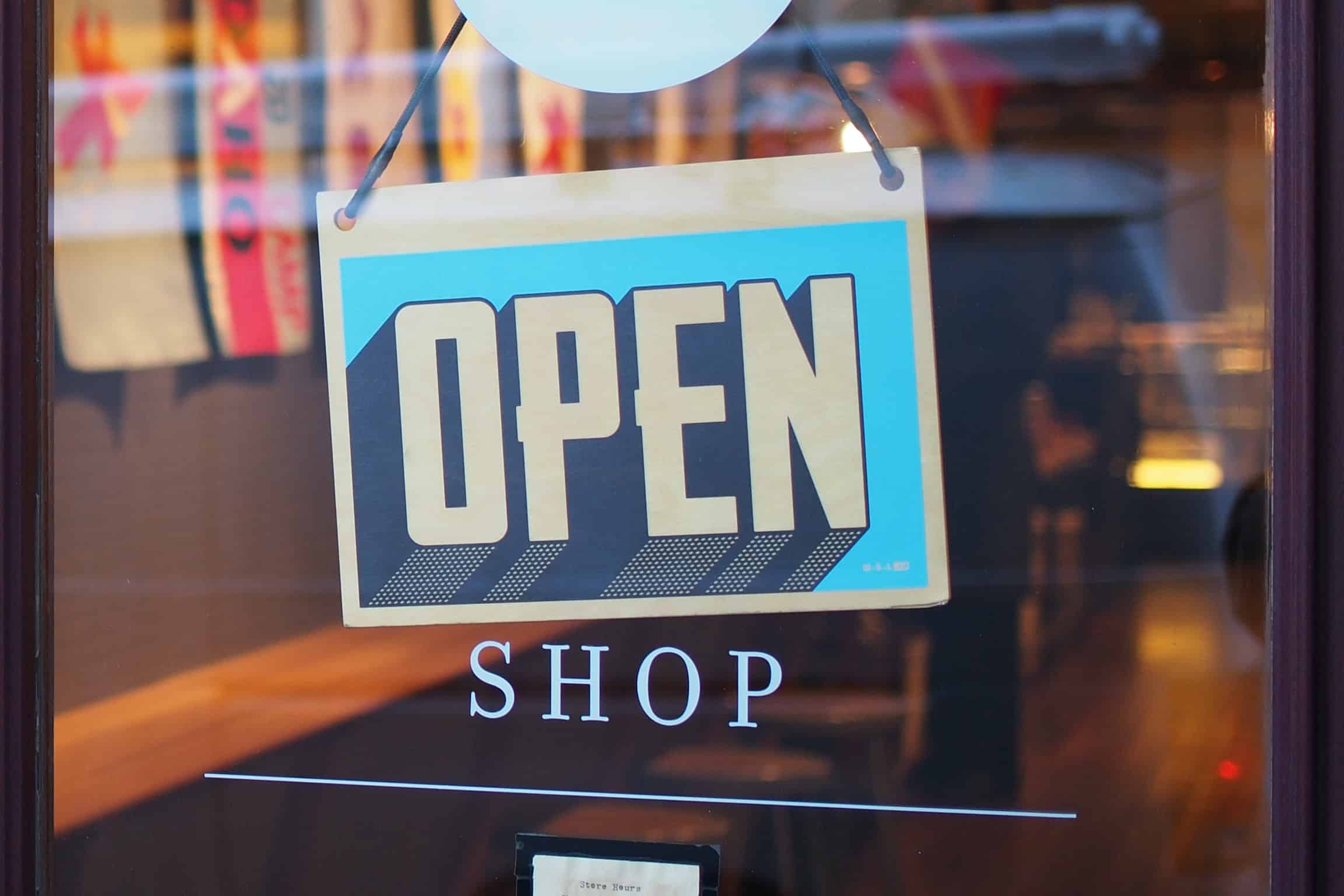2020 was a consequential year for retail to say the least. While E-commerce has boomed like never before, retail stores took an unprecedented hit to their business model. Long standing, reputable high street stores are suddenly on the brink due to the large swathes of the year under lockdown. Many skeptics have announced the so-called end of the physical retail store.
But much like photography being the death of paint and television being the death of the radio, the pandemic will not as much kill the retail store but change its role in our society. Here are 6 ways physical retail stores will change in the coming years.
Post COVID
While lockdown has brought many negatives to daily life, general hygiene has been greatly improved within this time and there is no reason for that to change. In the immediate future, retail stores are set to have all the quirks of other, post pandemic brick-and-mortar organisations. Masks, social distancing and cleanliness will be integrated into the current feature of the stores as a more hygienic way to shop.

The pre-pandemic claustrophobia of mid-afternoon Saturday on the high street will be a mellower affair even after the high streets open again.
Automation
Use of automation is set to become one of the key drivers of retail success. Just this week, Amazon released their first cashierless store in the UK. This is a great example of the future of physical retail stores. Less cashiers and employees. More salespeople and consumer autonomy. As well as reducing employment overheads for the stores themselves, automation will be key in creating stores that function as seamlessly as possible, reducing friction and purchase time.
Not only will the retail experience by itself be automated, using Salesforce for Retail it will be possible to merge commerce and retail experiences onto one platform. This means creating an automated yet personalised experience on every channel through which a consumer engages with your retail company.
All of this added automation will allow retail companies to prioritise hiring clerks who will be able to sell their wares through salesmanship rather than the pure manual labour that retail employees are currently tasked for.

Experience
Once the experience of shopping has become seamless through automation then the experience of the consumer will become one of the key components to consider in the running of a successful retail store. Stores will become a sensory experience that allures people in for the opportunity to try something new rather than buy something new. From being able to experience technologies first-hand to the various smells and textures of items, experience will be a strong factor in whether a consumer decides to visit a store as well as purchase items within that store. The goal will be to drive customers to the store for the experience the store brings rather than the necessity of buying the items themselves.
Another key aspect of the consumer experience will be customer insight. Through platforms like Salesforce Service cloud, retail employees will be able to leverage real-time customer insights driven by omni channel data immediately in-store to answer any queries your customer may have. This will ensure an optimal experience for their customers as every step of their retail journey will be tailored to their preferences.
Brand Disciples
Brand disciples are set to become the best way for brands to market their stores. The best way to develop brand disciples will be personalisation and generating a 360 degree view of your customer. This will come both online and offline but physical stores will become the centre of gravity for a consumer’s personal connection with the brand.
The future of retail stores will revolve around releases, demos and loyal customer events that will attract brand disciples and generate a community that fulfils the needs of both the company and the consumer. The best example of this is the apple store where many loyal Apple users queue for the opportunity to buy one of the first new iPhones as well as an opportunity to feel a part of a community.
Quality not Quantity
Quality not quantity will be the defining factor in the future of retail stores. This can be seen in the relative success of niche grocery stores over the traditional superstore during the lockdown. Consumers appreciate the ability to get high quality, local produce rather than kilometres of generic choice that they can access through their laptop anyway. With an entire world of choice at their feet, consumers are more selective. As such stores that provide quality over quantity will succeed.

Ephemerality
Another impact of the e-commerce boom is how the world treats trends. As consumers get a more personalised experience every decade along with an increase of online choice, retail stores will no longer be able to rely on the mere presence of items. The newest generation have shown a greater appetite for the new and exciting. This means less time for companies to have an impact on their respective market. Change will become continuous with store managers operating more as curators of an experience rather than the more traditional employee management role.
Moreover, platforms like Salesforce Marketing Cloud will give management teams access to global marketing insights for your brand at a touch of a button. This will enable them to curate their stores through data to maximise the effectiveness of their decisions and always keep on top of market trends.
In Conclusion
Although the physical store has taken a great hit, it would be unwise to count them out in the immediate future. As technology improves and consumer personalisation increases, retail companies have to adapt to a changing global market. Less employees, more personalization, greater experience and better quality all lay ahead in the future of the physical retail store.
To find out how Trigg can help your retail company automate or personalise your consumer experience click here
- Case Study – Media - January 11, 2022
- The Retail Detail – What can you see externally from good internal systems - June 21, 2021
- Newest Member of Our Team – Ryan Scott - April 7, 2021



